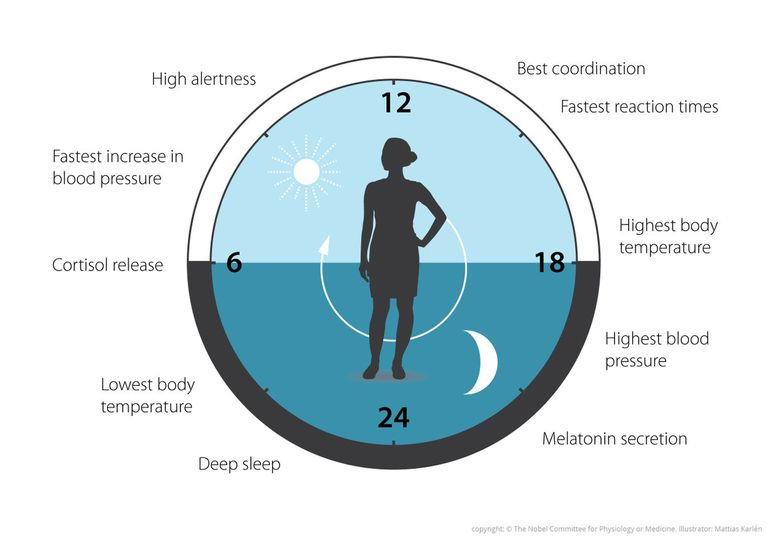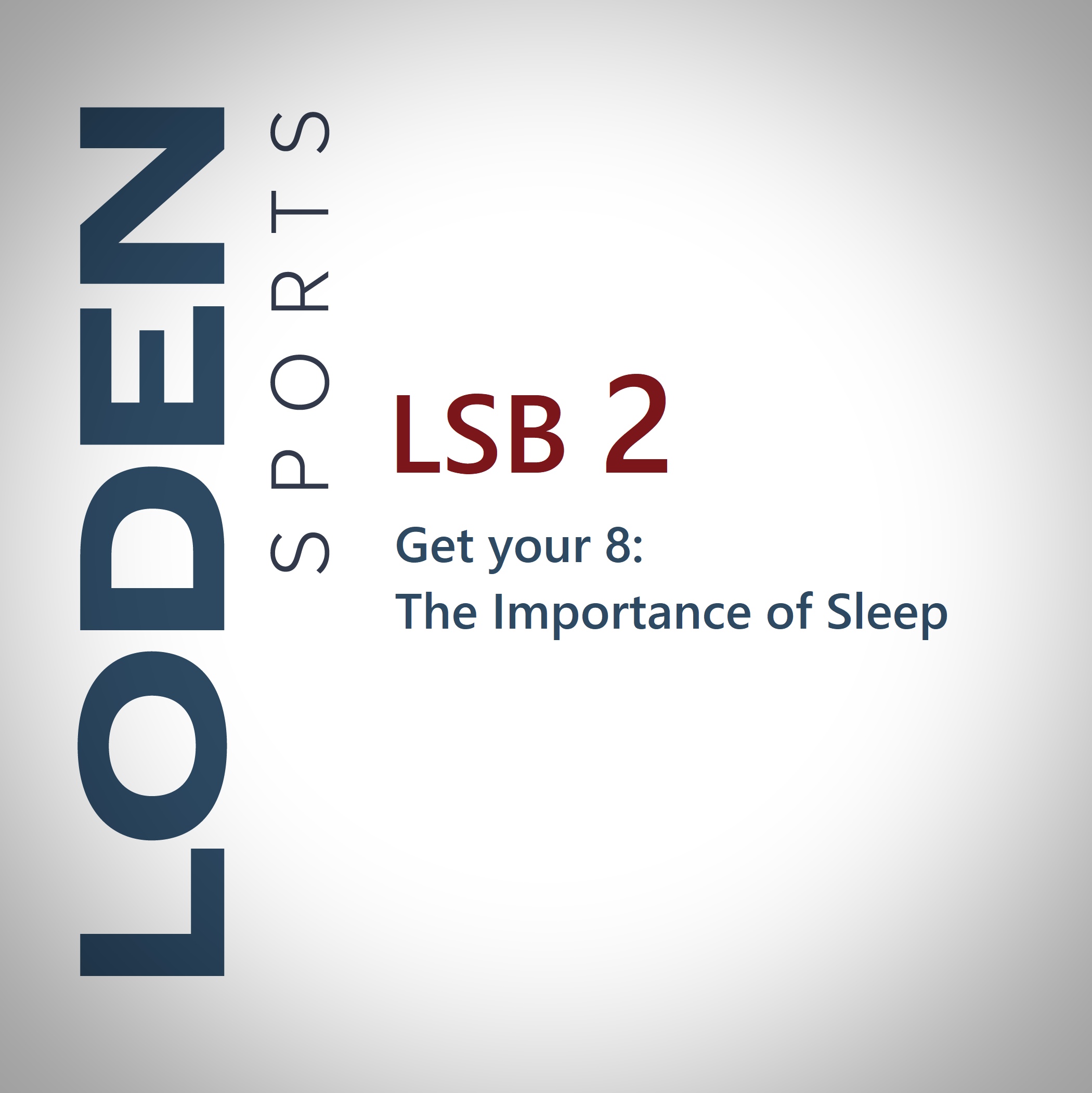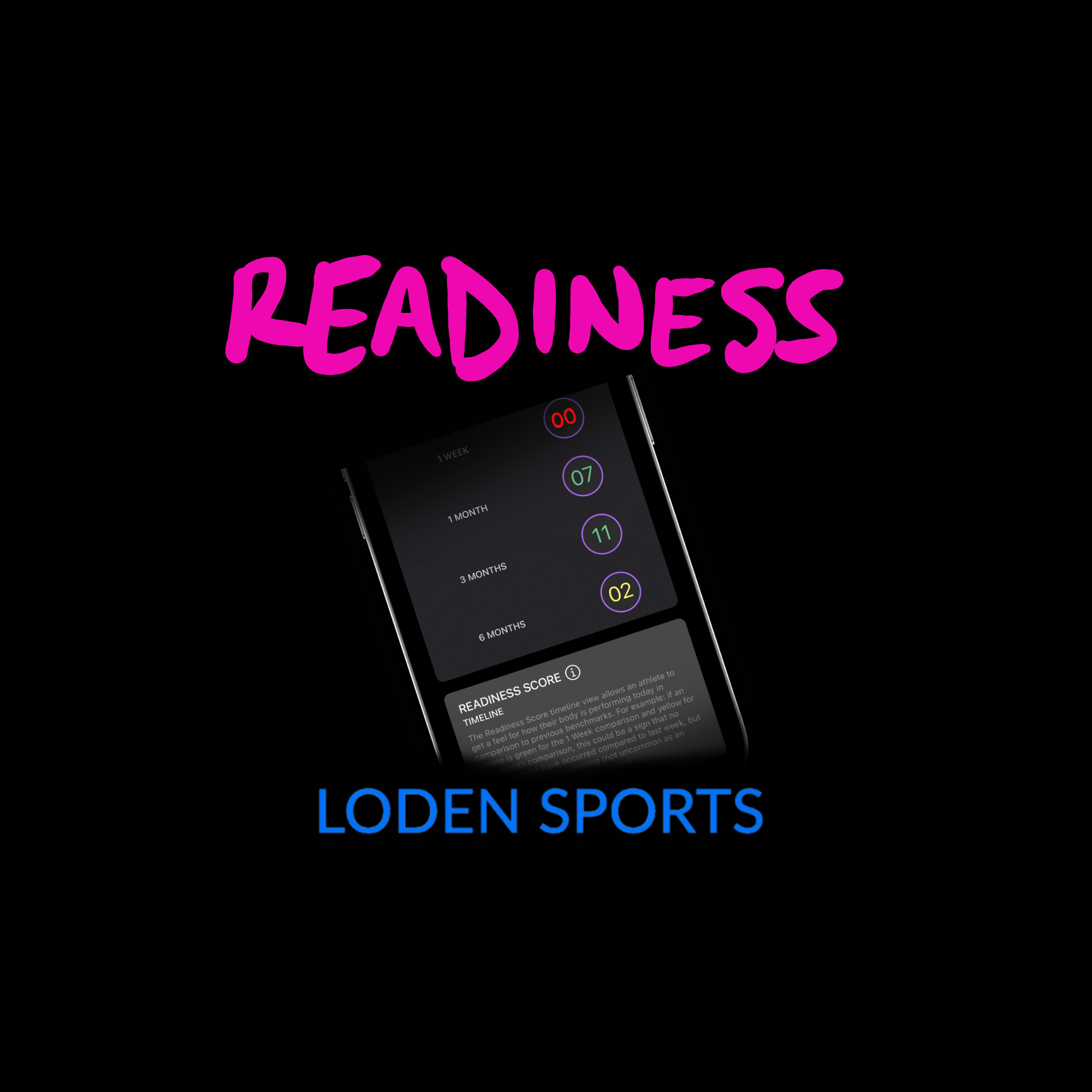Sleep is foundational for health and well-being. You may have heard this before, but it may not have resonated. If it hasn’t resonated up to this point, figure it out – and no, 6 hours doesn’t cut it. For every night that you don’t get at least 8 hours of sleep, consider yourself well behind the 8 ball before your day even begins.
Importance of Consistent Sleep and Hacking Your Circadian Rhythm

What is a circadian rhythm? We all have one – it is your biological clock. It tells your body when to wake up and when to go to sleep. But beyond that, your body is cycling everyday while awake. That is why consistent sleep is important. When your sleep is consistent, your body cycles regularly – meaning there is predictability to it. Whether you believe in the 43-year-old quarterback or not, Tom Brady has paid special attention to sleeping and waking at the same time every day. Maybe you should try it.

So, when attaining consistent sleep, what should I do to “hack” my circadian rhythm? To simplify, a consistent rhythm will yield peaks in short-term memory recall in the morning, long-term memory recall is much greater when new material is presented in the mid-to-late afternoon (as opposed to the morning), and for anyone who physically exerts themselves (should be all of us), late afternoon to early evening is when to expect peak physical performance (strength, reaction time, etc.), (Manfredini).
NREM and REM Sleep
We’ve introduced the benefits of regular sleep on maximizing your waking time, but what happens when you sleep? What is the sleep cycle and what is the difference between NREM sleep and REM sleep?
- Sleep Cycle: the sleep cycle lasts right around 90 minutes and each additional cycle is not identical to the previous. The cycles right after falling asleep have longer periods of NREM sleep. The cycles closest to wake have the longest periods of REM sleep, (Walker 43).
- NREM Sleep: NREM sleep is critical to the storing and strengthening of new facts and skills learned while awake. Think of NREM sleep as the processing of new memories, (Walker 53).
- REM Sleep: REM sleep occurs after NREM sleep and is critical for fusing the old with the new. REM sleep connects all of those newly processed memories, facts, and skills to everything else you’ve ever experienced or learned, (Walker 53).
To put it succinctly, NREM and REM sleep are equally important. To reiterate, the cycle closest to wake has the longest period of REM sleep. Without a full 8 hours, you are cutting off the highest volume of REM sleep that is responsible for connecting all of that new information that you learned over the course of your last 16 hours awake. Why learn it if you’re not going to remember it?
More on REM Sleep
In addition to connecting information in our brains, REM sleep has been found to be critical to emotional intelligence (being able to regulate our emotions in our human interactions). Another powerful benefit of REM sleep is the impact it has on ideation and creativity. REM sleep connects new information with the old information – linking ideas together that may have not previously been linked while awake. Problem-solving and original ideas can largely be attributed to REM sleep, (Walker 74-75).
The Importance of Sleep in Skill Acquisition

The brain continues to learn new skills even when the body isn’t physically practicing them. What? It has been proven (in musicians) that an 8-hour period of sleep between practice of a new skill significantly speeds up the process of mastering it. Whereas something learned in the morning and revisited in the evening did not see the same performance bump. Sleep is essential to mastery of new skills. Furthermore, the specific sleep responsible for the mastery of new skills is directly linked to NREM sleep in the last 2 hours of an 8-hour period of sleep, (Walker 127).
Sleep Loss and Sports Injury

“[LeBron’s] attention to detail is off the charts. To every series, every game. He’s locked in as soon as he steps into the arena. Taking care of his body. He sleeps more than anybody I know,” – [Anthony] Davis during 2020 postseason.
For all of the athletes out there – professional, amateur, youth – anything less than 8 hours of sleep will result in getting tired faster (both in displays of strength and speed), lesser peaks in strength and speed, and even a lesser ability for the body to cool itself during training or competition, (Walker 129). A study has shown that youth athletes that sleep less are at a greater risk of injury than those who get at least 8 hours of sleep every night, (Milewski).
Maybe that is why Tom Brady, LeBron James, Justin Verlander and Alex Bregman are all getting at least 8 hours every night …
Caffeine

Ahhhh caffeine … the stuff that makes you feel awake.
What actually happens when we consume caffeine?
- Caffeine blocks our adenosine receptors.
What are adenosine receptors?
- Adenosine is what makes us feel tired. When we consume caffeine, we block the ability to feel tired. It doesn’t mean that the feeling goes away, we just essentially numb it as our tiredness grows stronger underneath the caffeine block (hence why we crash when the caffeine wears off).
How long does caffeine block our feeling of tiredness?
- While caffeine peaks 30 minutes after intake, it acts as a blocker for our adenosine receptors for more than 5-7 hours (and this length of time increases with age).
So, when is it okay to have caffeine?
- Probably in moderation in the morning. Any afternoon caffeine will likely disrupt your ability to fall asleep and get your needed 8 hours, (Walker 27).
In Summary

The last 2 hours of an 8-hour sleep are responsible for the longest period of REM sleep we experience during an 8-hour sleep. REM sleep is responsible for connecting new information with old, emotional intelligence, and creativity and problem-solving. Additionally, NREM sleep during the last 2 hours of an 8-hour sleep is responsible for helping us master new skills.
Anyone who is cutting their sleep short of 8 hours on a regular basis is only putting themselves at a disadvantage. You are not superhuman, you are not the exception, you also need 8 hours of sleep every night. Don’t cheat yourself, a lot of people do – for a performance athlete looking for every advantage to get ahead of their competition … for an artist looking for a new ground-breaking idea … for the student looking to retain information for their exam (and future practical application in their field of study) …
- Get your 8.




